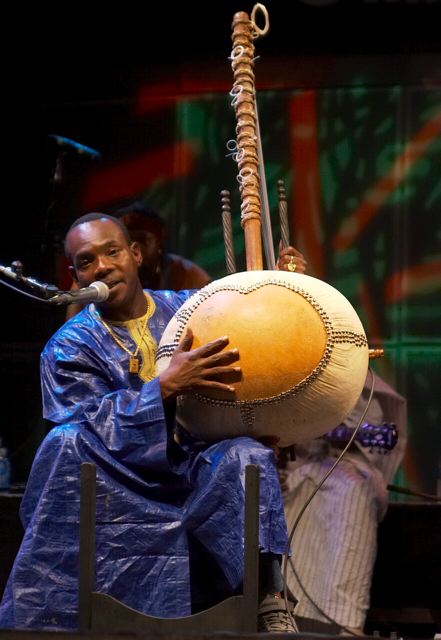
Toumani Diabaté, a preeminent virtuoso of the kora, the 21-stringed West African instrument, whose life and music served as a powerful bridge between ancient traditions and global contemporary sounds, passed away on July 19, 2024, at the age of 58. His death in Bamako, Mali, from kidney failure, marked the end of an extraordinary journey that saw him elevate a classical instrument from West Africa to international prominence, earning him accolades and deep respect across continents. Diabaté was more than a musician; he was, as he articulated in 2006, a “guardian of West Africa’s society” and a “communicator,” committed to celebrating the rich heritage of Mandé-speaking peoples and sharing their profound history with the world.
Born into an unbroken lineage of griots — traditional West African musician-historians whose oral traditions stretch back more than 70 generations — Mr. Diabaté inherited a deep sense of cultural responsibility. His vision extended beyond mere preservation, however. He believed fervently in music’s capacity to transcend the artificial borders imposed by colonialism, to rekindle ancient communal ties, and to adapt gracefully to the currents of a globalizing world. This conviction informed his distinctive approach, blending his instrument’s intricate melodies with diverse genres from flamenco and blues to jazz and orchestral compositions, thereby forging a new universal language of sound.
Throughout his prolific career, which spanned several decades and encompassed over 20 recordings, Toumani Diabaté consistently demonstrated an unparalleled mastery of the kora, shaping its perception and expanding its expressive potential. His work, both solo and in collaboration with a pantheon of international and Malian artists, not only garnered two Grammy Awards but also cemented his status as a bold and innovative musical visionary. This article will explore the indelible mark he left on world music, tracing the trajectory of a life dedicated to artistry, cultural preservation, and cross-cultural dialogue.
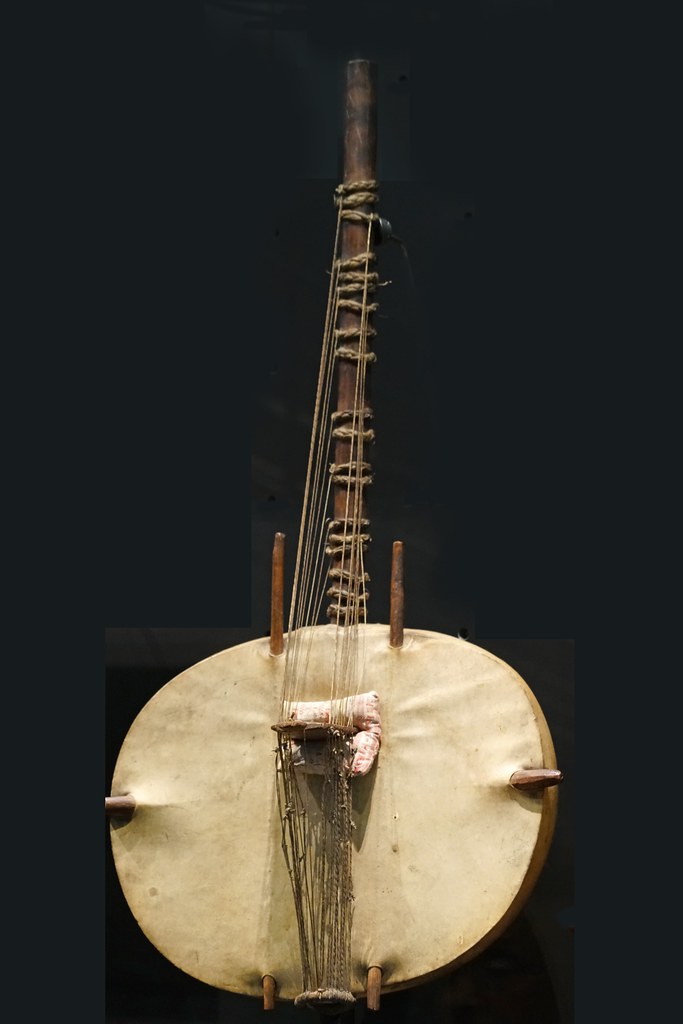
1. **A Griot Legacy: 70 Generations of Musical Heritage**Toumani Diabaté’s life and artistic philosophy were profoundly shaped by his heritage as a griot, a member of West Africa’s revered caste of musician-historians. This tradition, central to the Mandé-speaking peoples, designates griots as the keepers of oral histories, genealogies, and musical legacies, passed down through generations. Mr. Diabaté himself traced his patrilineal line of musicians back more than 70 generations, a testament to the deep roots of his family’s artistic calling. “If you think of West Africa as a body, then the griot is the blood,” he explained to The New York Times in 2006, emphasizing their vital role in society. “We are the guardians of West Africa’s society. We are communicators.”
His family’s connection to this profound tradition was not merely theoretical; it was lived experience. His father, Sidiki Diabaté, was a celebrated kora player, credited with recording the first-ever kora album in 1970 and elevating the instrument to a solo spotlight, much like the piano in Western classical music or the sitar in Hindustani classical music. His mother, Nene Koita, was also a singer, ensuring that Toumani was steeped in musical excellence from birth. The Diabaté household was a vibrant center of griot culture, where the intricate sounds of the kora and the resonance of praise songs formed the daily soundtrack.
The ancestral instrument of the Diabaté family was originally the ngoni, a type of West African guitar, before they became masters of the kora, which is widely regarded as West Africa’s most sophisticated classical instrument. This rich lineage bestowed upon Toumani not only an innate talent but also a profound responsibility to uphold and evolve this ancient art form. While his cousin, Sona Jobarteh, broke ground as the first female professional kora player from a griot family, and his younger brother Mamadou Sidiki Diabaté also played the kora, Toumani’s personal journey would define a new chapter for this revered instrument, connecting its ancient echoes to a global stage.
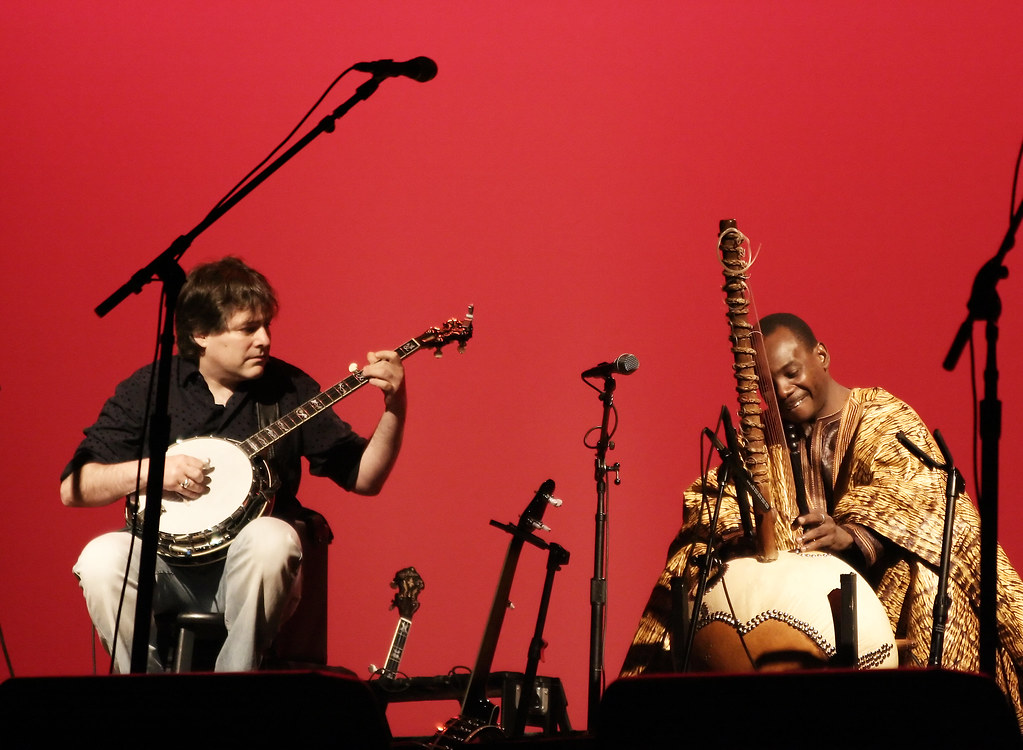
2. **Early Life and the Kora’s Call**Born on August 10, 1965, in Bamako, the capital of Mali, Toumani Diabaté grew up in a nation that had gained independence from France just five years prior, a period ripe with cultural reawakening and national pride. Despite his esteemed lineage, his path to kora mastery was largely self-directed. His father, Sidiki Diabaté, did not compel his children to play, believing instead in the organic emergence of talent. “I taught myself,” Toumani later recounted to The Guardian, explaining that his learning came from “listening to my father and grandfather and different musicians” play. This observational learning fostered a deep, intuitive understanding of the instrument.
A significant challenge emerged early in his life when, as a child, Toumani contracted polio. This illness resulted in him losing the use of his right leg, compelling him to walk with a crutch for the rest of his life. Despite this physical hurdle, his passion and innate musical gifts propelled him forward. He quickly established his bona fides as a kora prodigy, demonstrating a remarkable aptitude for the complex 21-string harp-like instrument.
By the age of 13, Diabaté was already performing in public, making his debut with the Koulikoro Ensemble at the Mali Biennale, a national cultural festival. His talents were rapidly recognized, and by 19, he had joined the backing group of the famed jelimuso, or female griot singer, Kandia Kouyaté. This early immersion in professional performance, alongside one of Mali’s celebrated artists, provided him with invaluable experience and further honed his virtuosic skills, preparing him for the international career that lay ahead. He remembered his father’s virtuosic style, “putting the three functions together: bass line, melody and improvisation,” telling Songlines magazine in 2018, “When you listen, it’s like three men playing at the same time, and I learned the kora that way.”
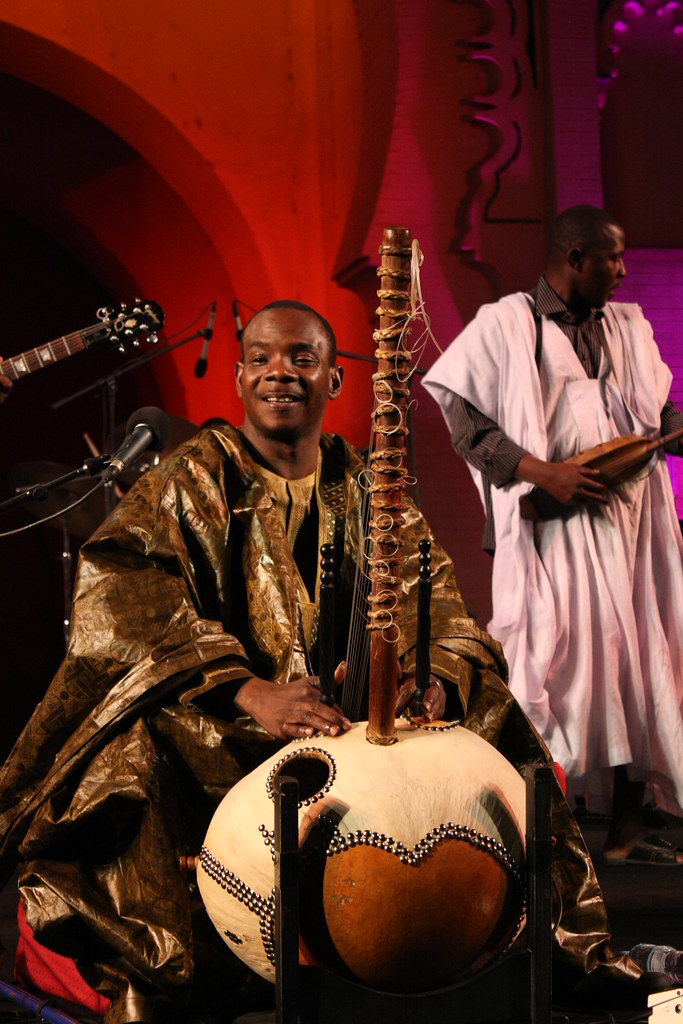
3. **”Kaira”: A Solo Debut and Cultural Statement**Toumani Diabaté’s recording career in the West commenced with a seminal work, his 1988 solo album, “Kaira.” This debut was recorded under remarkable circumstances, captured in a single afternoon in London, and produced by the British record producer and musicologist Lucy Durán, who would become a lifelong champion of his work. The album was groundbreaking, marking the first known recording to consist entirely of solo kora, presented without overdubs or additional accompaniment. This unadorned format allowed Diabaté’s pure virtuosity to shine, revealing a complex tapestry of hypnotizing bass lines, intricate motifs, and fluid improvisations that captivated listeners.
The title itself, “Kaira,” held significant cultural and historical weight. It referred to a griot-led cultural movement of the 1950s and 1960s in Mali. This movement was instrumental in resisting the impositions of French colonialism and, following Mali’s independence in 1960, in charting a course for the nation’s modern identity. Diabaté’s parents were active participants in this movement, infusing the album with a deep personal and ancestral resonance. Through “Kaira,” Diabaté not only introduced the kora to a wider Western audience but also subtly communicated a message of cultural resilience and national pride.
The release of “Kaira” marked Diabaté’s opportunity to be heard outside his homeland, generating considerable interest and opening doors for his subsequent global endeavors. Its success positioned the kora as a classical instrument capable of delivering sophisticated, contemplative music, challenging perceptions that African music was solely about dancing or a throbbing beat. As the “The Times” obituary described him, Diabaté was “a bold and innovative musical visionary,” and “Kaira” was a definitive early statement of this vision, demonstrating that “our music is older than Beethoven,” as he once asserted about African music.
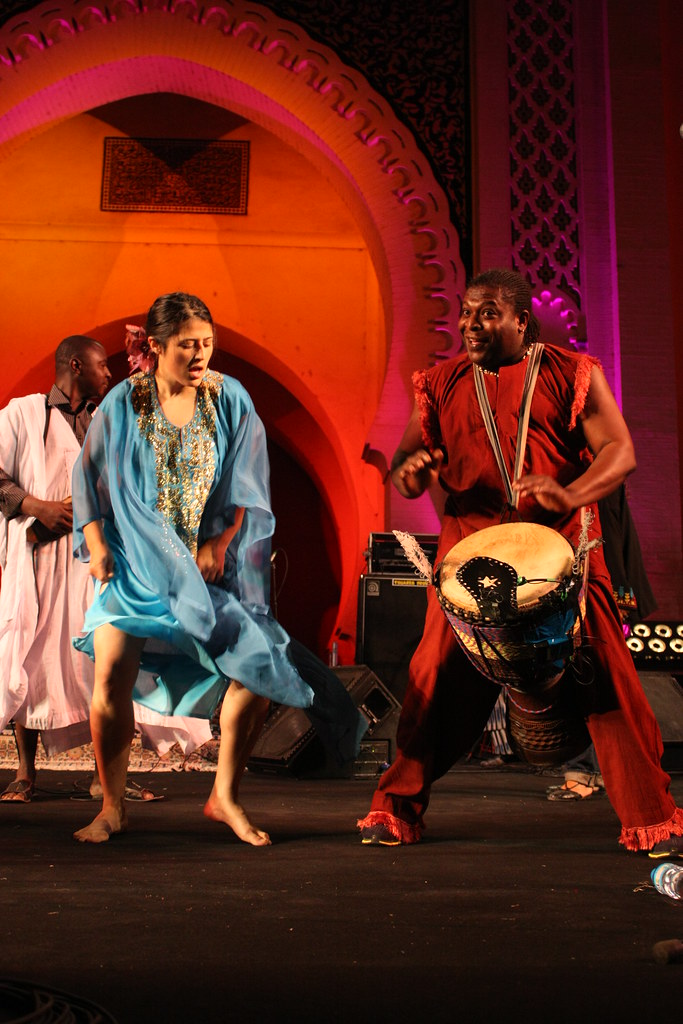
4. **Forging Cross-Cultural Bonds: Early Collaborations**Even as he firmly established the kora’s solo prowess, Toumani Diabaté harbored a profound fascination with the idea of mingling diverse musical styles, believing passionately in music’s power to transcend cultural divides. This belief propelled him into a series of pioneering cross-cultural collaborations that would define a significant part of his career. While living briefly in London in his early 20s, after being invited to perform there, he began to actively pursue these experimental fusions, exposing the kora to new sonic landscapes and introducing it to musicians from varied traditions.
One of his earliest and most notable ventures involved a partnership with Ketama, a Spanish flamenco trio, and Danny Thompson, a British double bassist. This collaboration birthed a combined group known as Songhai, and resulted in two albums: “Songhai” (1988) and “Songhai II” (1994). These records blended the fiery improvisations of flamenco with the intricate, cascading melodies of the kora and the grounding rhythms of traditional West African instruments, creating a distinctive sound that was both innovative and harmonious. This experience solidified Diabaté’s conviction that music could foster understanding between people and cultures, serving as a powerful medium for dialogue.
His early engagements extended beyond European genres, reaching into the heart of American roots music. Diabaté was particularly fascinated by the echoes of African rhythms in the blues, seeing a tangible link between the kora’s call-and-response patterns and the foundational elements of American blues music. This perspective led him to state, regarding his work with blues musicians, that “playing with Taj Mahal means the blues is coming back home,” emphasizing the historical flow of music across the Atlantic. These initial cross-cultural explorations laid crucial groundwork for his later, more extensive international collaborations, demonstrating his versatility and his deep-seated belief that “we need to come together and play together.”
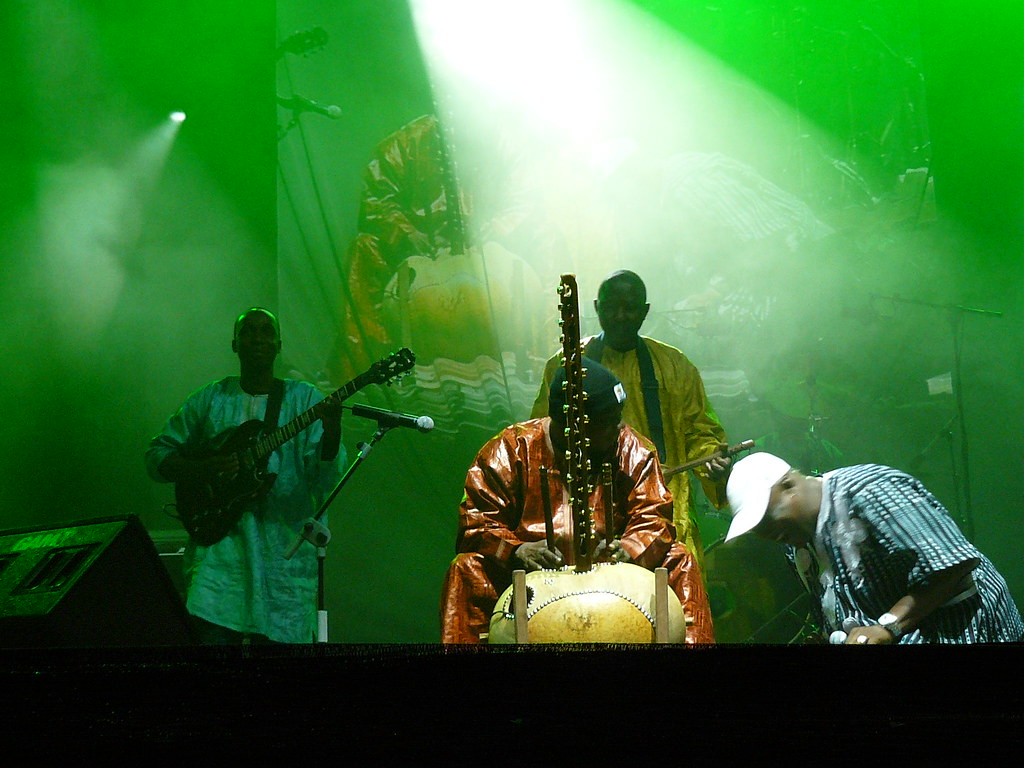
5. **The Symmetric Orchestra: Rebuilding the Manden Empire**In 1990, Toumani Diabaté founded his flagship ensemble, the Symmetric Orchestra, a project that was not merely a band but a profound cultural and political statement. His vision for the orchestra was ambitious and deeply rooted in historical consciousness: “I started building this band to rebuild Manden empire in a cultural way,” he explained in a 2011 interview with Uncut magazine. This referred to the ancient Mali Empire, which once spanned the Upper Niger River basin from present-day Mali to Senegal, signifying a desire to culturally reunite the diverse Mandé-speaking peoples fragmented by colonial borders.
The Symmetric Orchestra was meticulously assembled, featuring “the best from Senegal, Ghana, Guinea, Burkina Faso, Mauretania,” whom Diabaté “put them all together.” This diverse assembly of West African musicians, predominantly griots, brought a rich tapestry of traditional instruments to the fore, including the kora, djembe, balafon, and bolombatto. Crucially, Diabaté also integrated modern instruments such as the guitar and electronic keyboard, demonstrating his belief in embracing the changes of a globalizing society while honoring ancient ties. The orchestra thus became a vibrant symbol of both tradition and modernity, reflecting the evolving identity of West African music.
For many years, the Symmetric Orchestra served as a musical heartbeat in Mali, holding down a weekly residency at Le Hogon, Bamako’s leading music club. These regular performances became a cultural fixture, a place where the intricate interplay of traditional and modern sounds captivated local audiences and offered a dynamic showcase of Diabaté’s vision. The orchestra’s performances around the world further amplified this message, demonstrating how the descendants of the ancient Mali Empire could still express a unified identity through music, proving that music could indeed transcend national borders set by colonialism and restore ancient cultural connections. Their album, “Boulevard de l’Indépendance,” released in 2006, was recorded with his Symmetric Orchestra, forming part of the Hotel Mandé Sessions, further cementing their legacy.
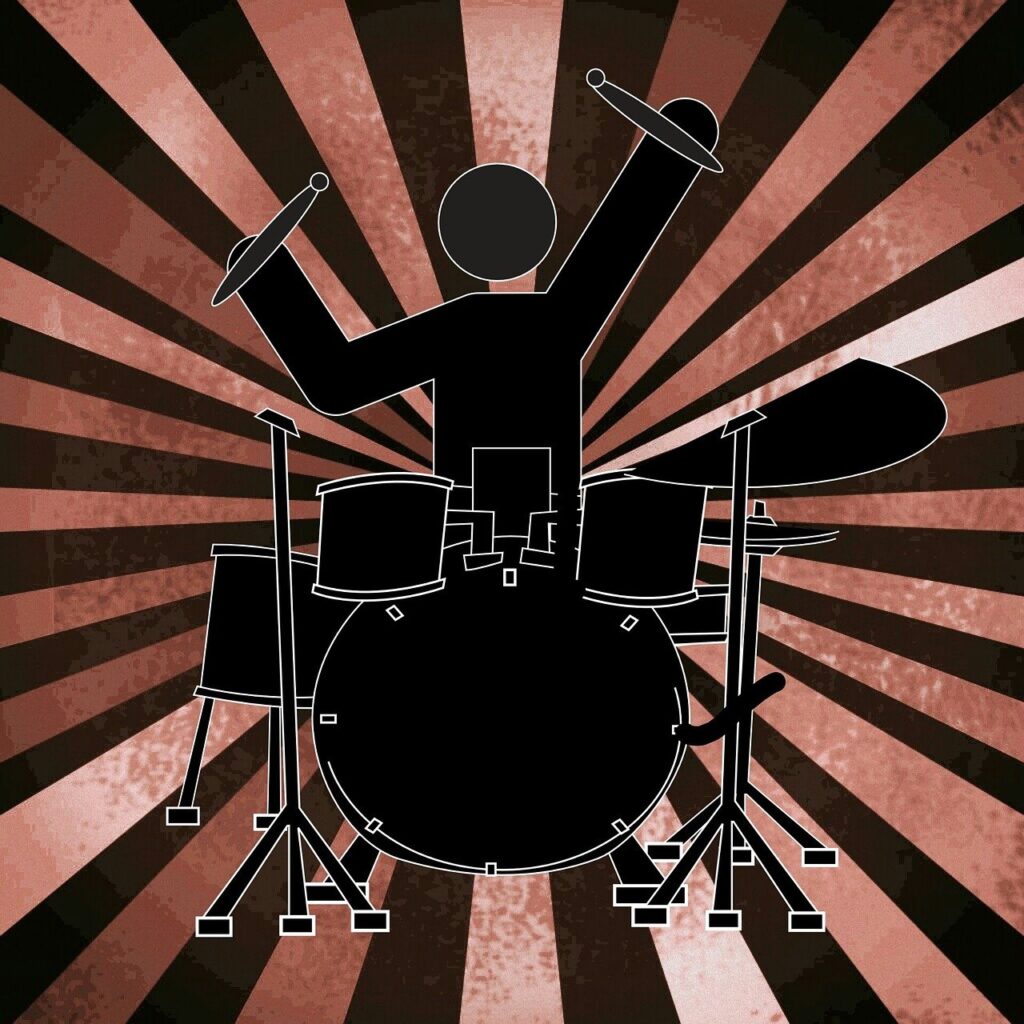
6. **”In the Heart of the Moon” and “Ali and Toumani”: Grammy-Winning Duets**Among Toumani Diabaté’s most celebrated and widely recognized achievements were his two duet albums with the legendary Malian guitarist Ali Farka Touré. These collaborations represented a pinnacle of Malian musical artistry, bringing together two titans of West African music whose distinct yet complementary styles created a rich, immersive soundscape. The first, “In the Heart of the Moon,” released in September 2005, quickly garnered critical acclaim and commercial success, earning certification as gold in Europe. This album went on to win the prestigious 2006 Grammy Award for Best Traditional World Music Album, marking a significant milestone in both artists’ careers and in the global recognition of Malian music.
The profound synergy between Diabaté’s intricate kora melodies and Touré’s soulful guitar work resonated deeply with audiences worldwide. Their music, often described as a meditative dialogue between two masters, explored the deep-seated connections between their instruments and the shared heritage of Malian sound. Five years later, they followed up their success with “Ali and Toumani” (2010), another masterful collaboration that further cemented their partnership. This album, too, achieved significant international recognition, earning them a second Grammy Award for Best Traditional World Music Album, a testament to the enduring power and appeal of their musical bond.
These Grammy-winning albums not only brought Mr. Diabaté his widest renown but also underscored his belief in the transformative power of collaboration. They showcased the elegance and depth of Malian musical traditions while demonstrating how two virtuosos could engage in a profound musical conversation that transcended linguistic and cultural barriers. Both “In the Heart of the Moon” and “Boulevard de l’Indépendance” (with the Symmetric Orchestra) were part of the “Hotel Mandé Sessions,” recorded by Nick Gold and released on World Circuit Records, linking these pivotal works to landmarks in Mali’s capital city, Bamako.
7. **Expanding Horizons: Collaborations with Global Icons**Toumani Diabaté’s insatiable curiosity and his belief that “there is too much misunderstanding between people, between nations and cultures” propelled him into a remarkable series of collaborations with international artists spanning an eclectic range of genres. Beyond his work with Ali Farka Touré and the early projects with Ketama and Taj Mahal, Diabaté engaged with numerous global icons, consistently seeking to weave the kora’s unique voice into new musical tapestries. These partnerships not only expanded his own artistic horizons but also introduced the kora to audiences who might otherwise never have encountered it.
In the realm of jazz, Diabaté teamed up with American trombonist Roswell Rudd for the 2002 album “MALIcool,” a fusion that demonstrated the kora’s compatibility with the improvisational spirit of jazz. His ventures into contemporary pop and experimental music were equally notable, exemplified by his collaboration with Icelandic musician Björk on her 2007 album, “Volta.” This led to a memorable appearance with her at the Glastonbury Festival, showcasing the kora in a major international rock festival setting. He also engaged with British singer Damon Albarn, further diversifying his collaborative portfolio.
His commitment to exploring the African roots of global music led him to work with American banjoist Béla Fleck on projects like “Throw Down Your Heart” (2009) and “The Ripple Effect” (2020), which highlighted the banjo’s West African predecessors like the akonting. Diabaté’s versatility even extended to classical music, culminating in a concert with the London Symphony Orchestra, which was later released as the album “Kôrôlén” in 2021. In one of his last projects, he collaborated with Iranian master of the kamancheh, Kayhan Kalhor, on “The Sky Is the Same Colour Everywhere” (2023), further underlining his philosophy: “When I play with other musicians, I don’t play their music… I say, ‘Play your music and I’ll play mine.’ We put it together and it becomes a new music, from the heart.” These diverse collaborations underscore his tireless dedication to fostering global musical dialogue and showcasing the kora’s boundless potential.
Read more about: Decoding Common’s Journey: Actionable Insights from a Hip-Hop Icon’s Multifaceted Career
8. **The Art of Dialogue: Deepening International Collaborations**Building upon the foundational cross-cultural forays detailed earlier, Toumani Diabaté’s career became a testament to his profound belief that music could serve as the ultimate diplomat, transcending linguistic and geographical barriers. His engagements with a diverse array of global artists were not mere stylistic experiments; they were philosophical dialogues, each meticulously crafted to demonstrate the kora’s universal resonance and the rich interconnectedness of musical traditions worldwide. He approached these collaborations with a clear vision, articulated eloquently: “When I play with other musicians, I don’t play their music… I say, ‘Play your music and I’ll play mine.’ We put it together and it becomes a new music, from the heart.” This philosophy allowed for a genuine fusion where distinct voices converged to create something entirely novel yet deeply authentic.
His work with American jazz trombonist Roswell Rudd on the 2002 album “MALIcool” exemplified this approach, seamlessly blending the improvisational spirit of jazz with the kora’s intricate melodies, showcasing a dialogue between two distinct yet harmonically compatible traditions. Similarly, his contributions to Icelandic musician Björk’s 2007 album, “Volta,” and his subsequent appearance at the Glastonbury Festival, introduced the kora to vast pop and rock audiences, demonstrating its adaptability far beyond traditional West African settings. These projects, along with his collaborations with British singer Damon Albarn, broadened the instrument’s appeal and challenged conventional perceptions of world music, proving that the kora could not only hold its own but also enrich diverse contemporary genres.
Further demonstrating his tireless exploration of musical genealogies, Diabaté partnered with American banjoist Béla Fleck on projects such as “Throw Down Your Heart” (2009) and “The Ripple Effect” (2020). These collaborations specifically highlighted the banjo’s West African origins, particularly its predecessor, the akonting, offering a powerful narrative of musical return and recognition across the Atlantic. His versatility extended even to the venerable realm of Western classical music, culminating in a landmark concert with the London Symphony Orchestra, later released as the album “Kôrôlén” in 2021. This performance was a bold statement, as he once asserted about African music, that “our music is older than Beethoven,” affirming the kora’s classical gravitas on a global stage. In one of his final projects, “The Sky Is the Same Colour Everywhere” (2023), he engaged in a profound exchange with Iranian kamancheh master Kayhan Kalhor, creating a testament to music’s power to unite seemingly disparate cultures through shared artistry.
9. **A Return to Solo Excellence: “The Mandé Variations”**After years of extensive collaborations and touring with the Symmetric Orchestra, Toumani Diabaté returned to the intimate, unadorned beauty of the solo kora with his critically acclaimed 2008 album, “The Mandé Variations.” This project was a deliberate re-engagement with the instrument’s purest form, showcasing an even more refined virtuosity and depth than his seminal debut, “Kaira,” two decades prior. Reviewers lauded the album for its meticulous recording quality and masterful production, which allowed every delicate pluck and cascading melody of the kora to resonate with crystalline clarity, offering listeners an immersive experience.
The album received widespread critical acclaim, garnering a nomination for a Grammy Award and further solidifying Diabaté’s reputation as an undisputed master of the kora. Many praised the project for its detailed capturing of the instrument’s nuances and its careful mastering, which highlighted Diabaté’s exceptional improvisational skills and the wide range of influences subtly woven into his playing. It was a contemplative work, inviting listeners into a meditative exploration of Mandé musical traditions, stripped of external accompaniments, allowing Diabaté’s intricate artistry to shine unhindered.
“The Mandé Variations” stood as a powerful reminder of the kora’s capacity for sophisticated, nuanced expression as a solo instrument, echoing his father Sidiki Diabaté’s pioneering efforts in elevating the kora to a solo spotlight. It demonstrated Toumani’s ability to evolve his personal style while remaining deeply rooted in his heritage, weaving complex tapestries of sound that were both deeply traditional and startlingly modern. The album served as an emphatic reaffirmation of the kora’s classical stature and Diabaté’s unmatched command over its expressive potential, captivating audiences with its sheer beauty and intricate musical storytelling.
10. **Championing Global Well-being: United Nations Goodwill Ambassador**Toumani Diabaté’s vision of music extended far beyond the confines of performance and cultural preservation; he recognized its inherent power as a tool for social change and global advocacy. In December 2008, his commitment to humanitarian causes was formally recognized when he was appointed a United Nations Goodwill Ambassador. This prestigious role highlighted his dedication to addressing critical global issues, specifically utilizing his platform to raise awareness about HIV and AIDS through his music and public engagements.
This appointment was a natural extension of his identity as a griot. Historically, griots have been the communicators and guardians of society, using their art to inform, educate, and inspire their communities. Diabaté seamlessly adapted this ancestral role to the modern global stage, believing that his music could transcend political and social boundaries to deliver vital messages of health and solidarity. He understood that the universal language of music could reach hearts and minds in ways that conventional communication might not, fostering empathy and understanding around complex public health challenges.
Through his music and public appearances, Diabaté lent his voice and considerable influence to campaigns aimed at destigmatizing the disease, promoting prevention, and supporting those affected by HIV and AIDS. His efforts underscored a profound sense of responsibility to his global community, demonstrating that artists, especially those rooted in traditions of social communication, have a crucial role to play in advocating for human dignity and well-being. His tenure as a Goodwill Ambassador showcased a remarkable fusion of artistic excellence with dedicated humanitarian service, reinforcing his legacy as a socially conscious artist.

11. **Music as a Force for Peace: Festival Acoustik Bamako**In the wake of deeply unsettling events, Toumani Diabaté consistently sought to use music as a balm and a unifying force. This commitment was powerfully demonstrated in February 2016 when he hosted the Festival Acoustik Bamako. The festival was conceived with an urgent and vital mission: to foster peace and solidarity in Mali, following the deadly Al Qaeda-backed attack on a Bamako hotel the previous year. Diabaté envisioned a gathering that would bring together an eclectic mix of international and Malian musicians, alongside other public figures, to collectively champion a message of harmony and resilience.
This ambitious three-day event was planned to include a series of outdoor and indoor music performances, designed to draw crowds of more than 20,000 people, transforming Bamako into a vibrant hub of cultural exchange and dialogue. However, the shadow of the 2015 hotel attack lingered, and despite Diabaté’s heartfelt intentions, all the outdoor events had to be canceled due to security concerns. This setback, while disappointing, did not diminish the profound significance of the festival’s underlying message or Diabaté’s unwavering commitment to using music as an instrument for healing and reconciliation.
Even with the necessary adjustments, Festival Acoustik Bamako remained a potent symbol of defiance against division and violence, illustrating Diabaté’s enduring belief in music’s capacity to build bridges where political and social rifts had emerged. It served as a powerful reminder of the griot’s ancient role in maintaining social cohesion and spiritual well-being, adapted by Diabaté for the complexities of a modern, often fractured, world. His dedication to peace through cultural initiatives like this festival underscored his role not just as a musician, but as a moral and cultural leader for Mali and beyond.
12. **The Enduring Lineage: Transmitting the Kora Tradition to Sidiki**Toumani Diabaté, a 70th-generation griot, held the transmission of his musical heritage as a sacred duty, ensuring that the ancient art of the kora would continue to flourish through succeeding generations. A powerful embodiment of this legacy was his son, Sidiki Diabaté Jr., who, following in his father’s footsteps, also took up the kora. Remarkably, like Toumani, Sidiki was largely self-taught, learning by immersion in the rich musical environment of his family, a testament to the organic and deeply ingrained nature of griot education.
Their shared passion for the kora led to poignant and acclaimed collaborations, notably the Grammy-nominated album “Toumani & Sidiki” in 2014. This duet album presented a generational dialogue, an intricate conversation between father and son on two koras, showcasing both their individual virtuosity and the profound continuity of their ancestral craft. The album was celebrated for its intimate interplay and for demonstrating how the tradition could evolve while honoring its roots, with Sidiki bringing his own contemporary sensibilities to the instrument.
Their collaboration continued with the 2017 album “Lamomali,” which also featured the French singer-songwriter Matthieu Chedid. These projects were more than just musical recordings; they were living expressions of a heritage passed down through millennia, adapting to new sounds and audiences without losing its essence. Toumani Diabaté ensured that the flame of the kora tradition, meticulously tended by generations of his family, would burn brightly into the future through the artistry of his son, Sidiki, securing the instrument’s enduring place in global music.
13. **A Philosophy of Unity: Music as a Bridge Between Cultures**Central to Toumani Diabaté’s illustrious career was a deeply held philosophy that transcended mere musical performance, positioning music as a powerful conduit for understanding and unity in a fractured world. He firmly believed that the harmonies produced by instruments could bridge the divides created by human misunderstanding. “There is too much misunderstanding between people, between nations and cultures,” he often stated, adding, “We need to come together and play together.” This was not merely an artistic ideal but a guiding principle for his life’s work.
Diabaté saw music as a universal language, capable of surmounting the artificial borders imposed by colonialism and rekindling ancient communal ties among the Mandé-speaking peoples, as exemplified by his vision for the Symmetric Orchestra. Yet, his perspective was expansive; he embraced the changes of a globalizing society, integrating modern instruments and collaborating across genres, proving that tradition could adapt without losing its soul. He eloquently captured his approach to cross-cultural creation: “When I play with other musicians, I don’t play their music… I say, ‘Play your music and I’ll play mine.’ We put it together and it becomes a new music, from the heart.” This spirit of mutual respect and creative synthesis defined his collaborative genius.
He challenged Western perceptions of African music, asserting its rich diversity and profound historical depth. “We have all types of music, including spiritual, mystical or meditative music,” he told Pan African Music magazine, and famously declared that “our music is older than Beethoven.” For Diabaté, the kora itself was more than an instrument; it was a sacred trust, a “gift from God to me,” embodying the spiritual and historical essence of his culture. This profound reverence for his art, coupled with his expansive vision for its role in global dialogue, cemented his legacy as a true cultural architect, tirelessly advocating for unity through the transcendent power of sound.
14. **An Indelible Legacy: The Global Impact of the Kora Master**Toumani Diabaté’s passing on July 19, 2024, at the age of 58, marked the end of an extraordinary life, but it also solidified his indelible legacy as a preeminent figure in world music. He was universally recognized as a “king of kora” in Mali and beyond, having elevated the traditional 21-stringed West African instrument to unprecedented international renown. Fellow Malian artists, such as the Grammy-winning singer Oumou Sangare, eloquently encapsulated his impact, calling him “a bridge between our ancestral traditions and modernity, an artist who managed to bring Mali’s voice to the four corners of the world.”
His peers lauded his innovative spirit and profound artistry. Singer-songwriter Salif Keita lamented the loss of a “national treasure,” while Senegal’s Youssou N’Dour praised him as “a virtuoso of the kora, an unmatched musical arranger,” and “an ambassador for Mali, an ambassador for Africa.” The Times obituary aptly described him as “a bold and innovative musical visionary,” recognizing his courage in blending ancient sounds with contemporary genres, thereby creating a new global musical lexicon.
Diabaté’s influence extended to academia, where his contributions were honored with an honorary doctorate in music from SOAS in March 2014, acknowledging his role in raising awareness of the kora and traditional Malian music. Through over 20 recordings, two Grammy Awards, and countless collaborations, he transformed the kora from a regional treasure into a globally celebrated classical instrument. His commitment to peace, cultural dialogue, and the continuity of his griot lineage ensures that his music, his philosophy, and his spirit will continue to inspire generations, resonating far beyond the borders of Mali and across the diverse soundscapes of the world.
Toumani Diabaté did not merely play the kora; he embodied its history, expanded its future, and used its voice to speak for unity, tradition, and the enduring power of music itself. His life was a symphony of connection, a testament to the idea that true artistry knows no boundaries, and that the heart of West Africa can indeed echo across the entire globe.


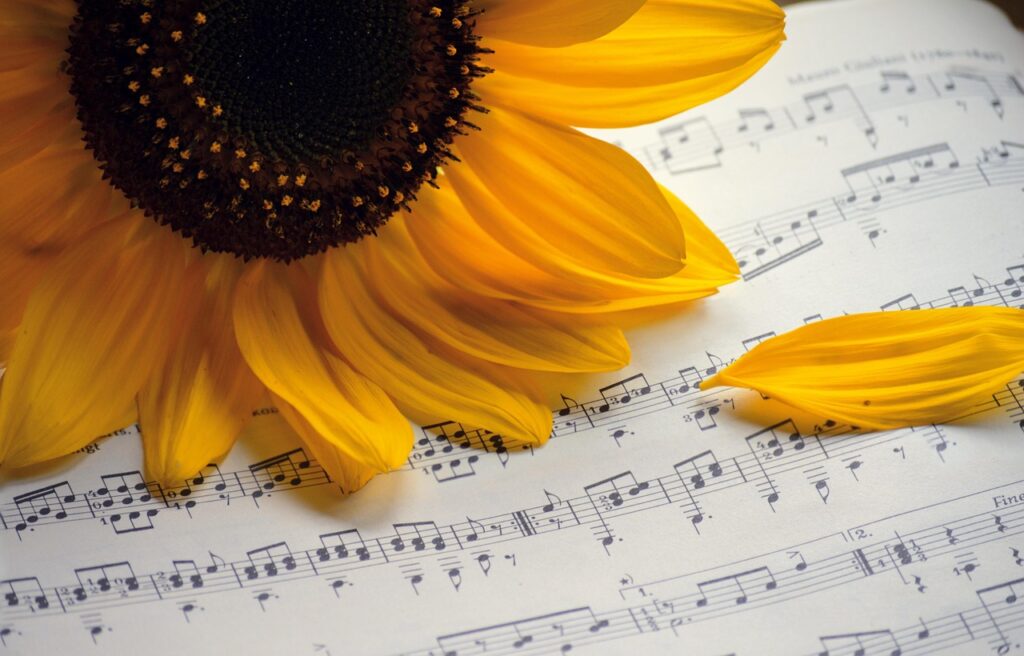
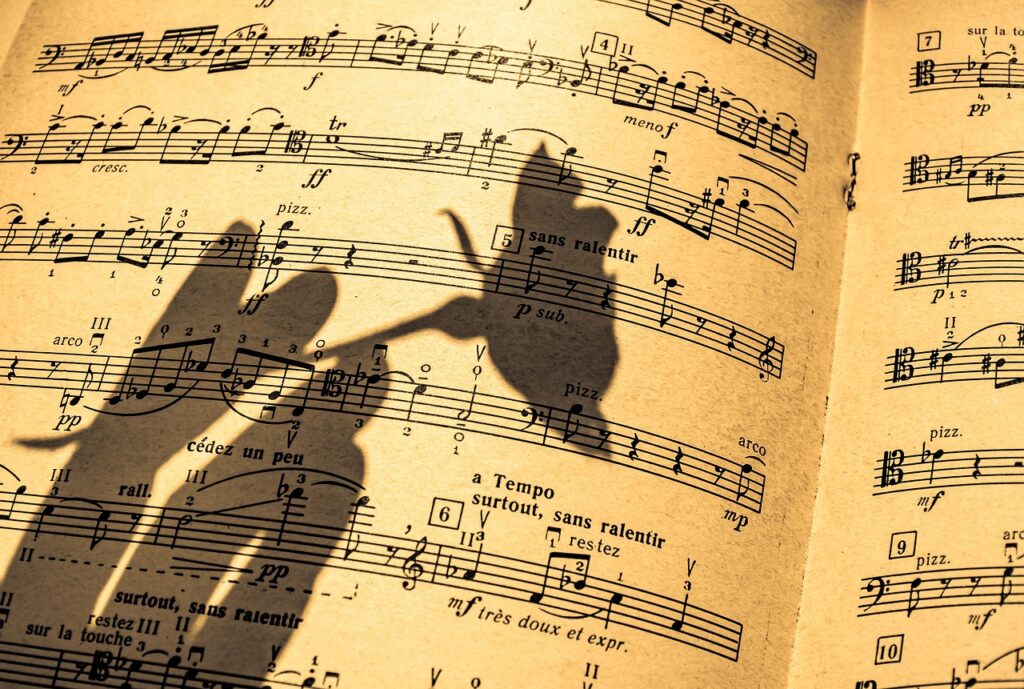


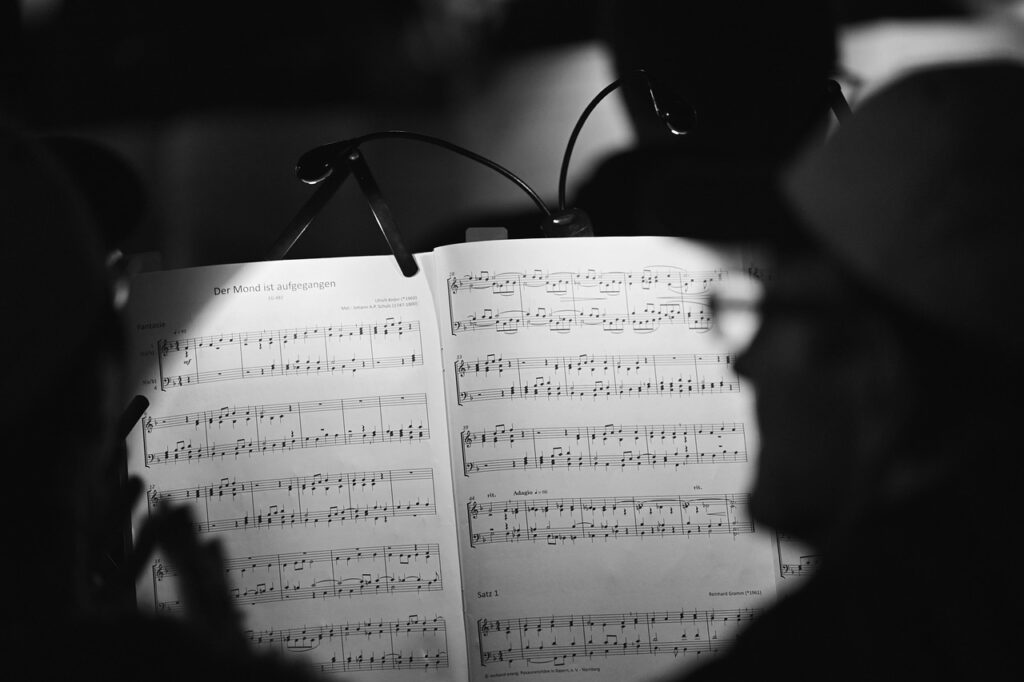
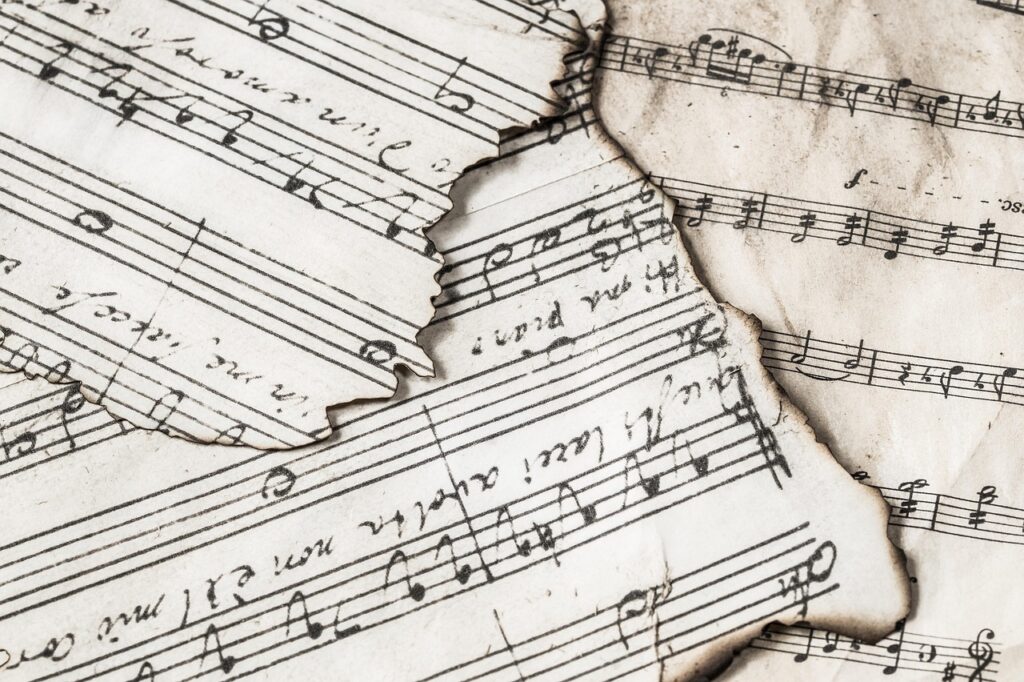
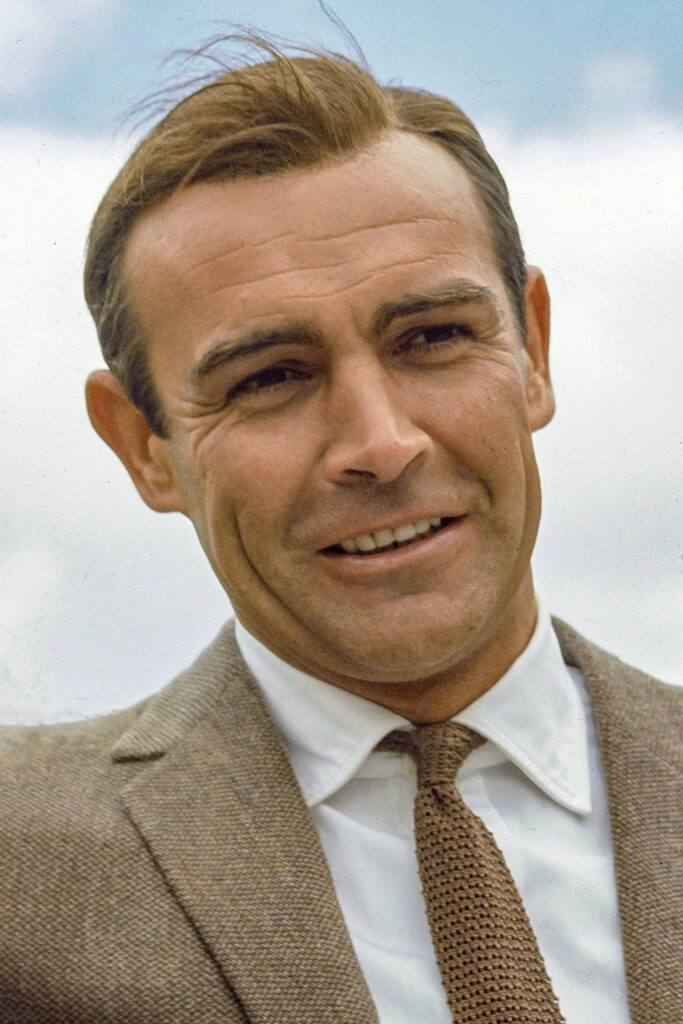

:max_bytes(150000):strip_icc()/GettyImages-1490124850-d6601bbd395a48398574f7ac9adeecd6.jpg)